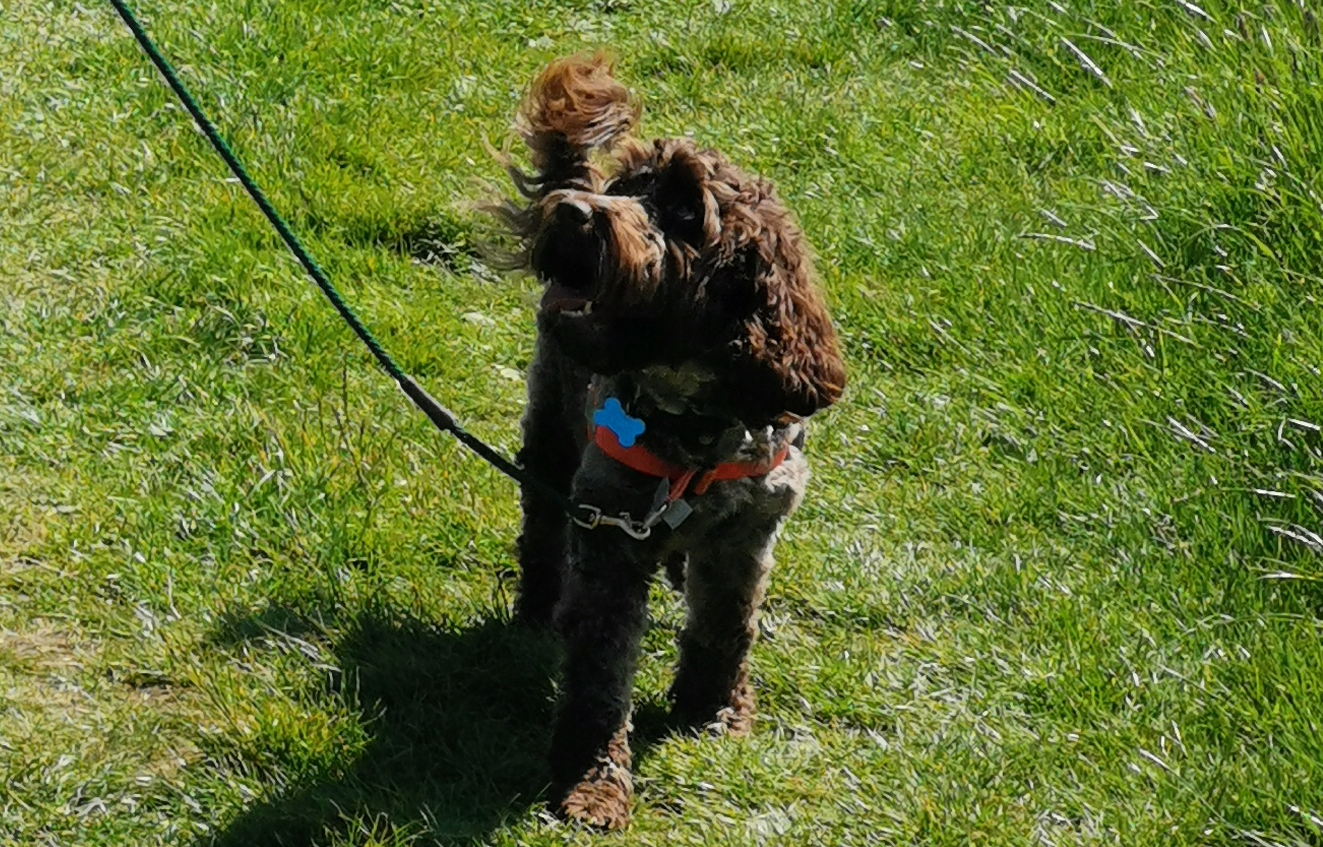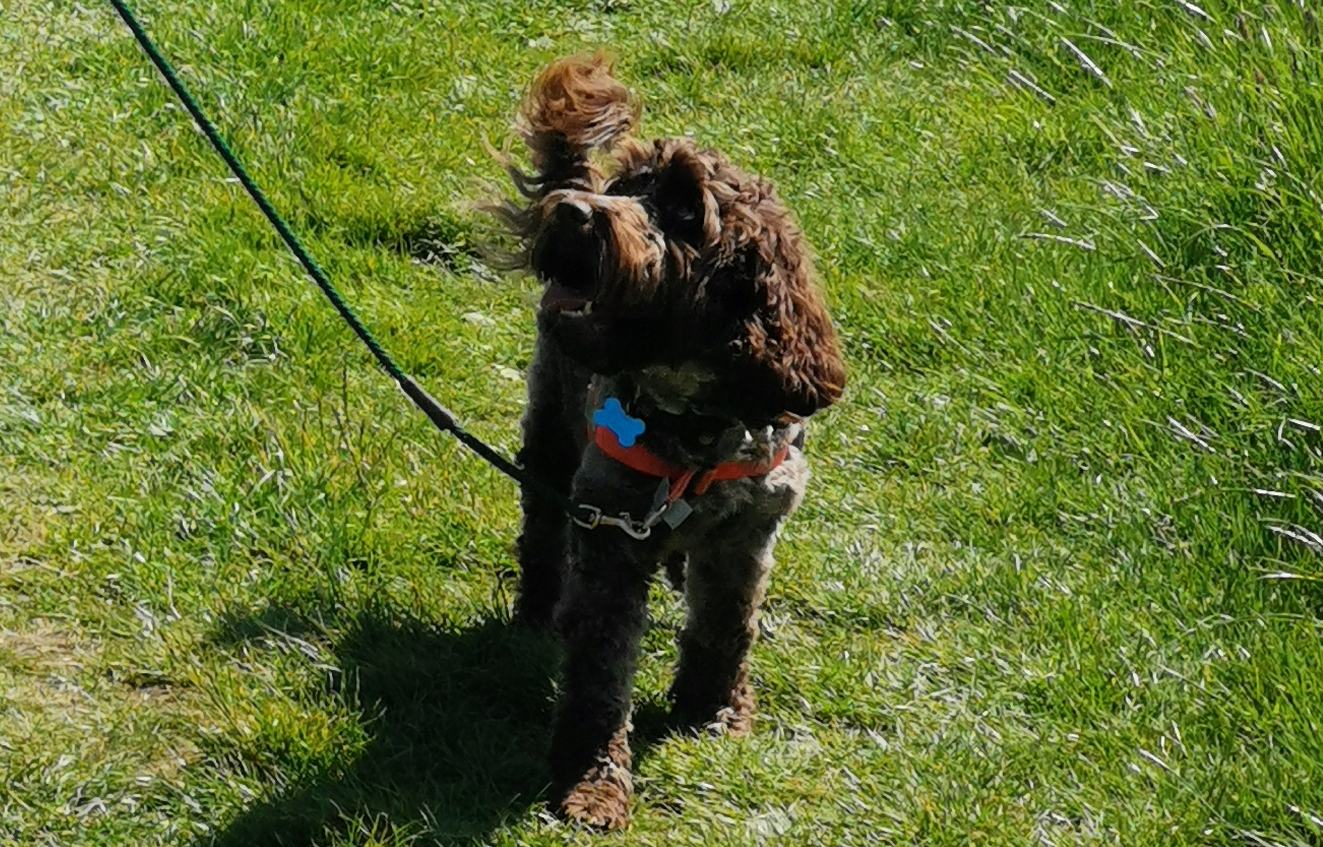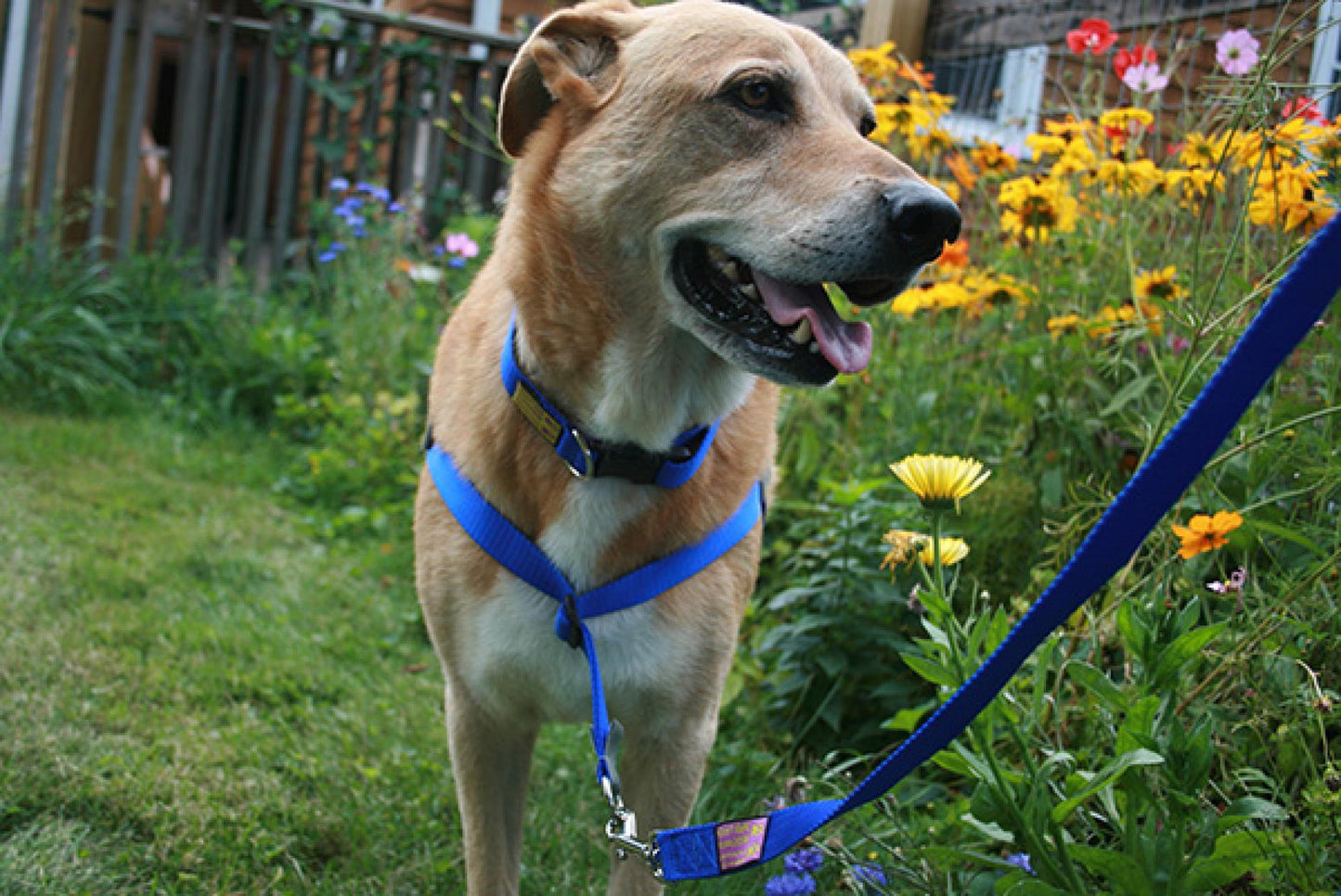Embarking on the journey of training your furry companion can be both rewarding and challenging. While many dogs learn quickly and respond well to training, others may present unique challenges that can test even the most patient of dog owners. In this blog article, we'll explore some common dog training challenges and provide practical tips to overcome them, ensuring a harmonious and successful training experience for both you and your beloved four-legged friend.
- Leash Pulling
Leash pulling is a common issue during dog walks that can turn a relaxing stroll into a frustrating experience. To address this challenge, practice loose leash walking regularly. When your dog pulls, stop walking and wait for them to return to your side before continuing. Reward your dog for walking calmly beside you, and over time, they'll learn that pulling won't get them where they want to go.
- Excessive Barking
Excessive barking can be a nuisance for you and your neighbors. To curb this behavior, identify the triggers for your dog's barking and work on desensitizing them. Use positive reinforcement to reward quiet behavior and consider using commands like "quiet" or "enough" to help control barking episodes.
- Separation Anxiety
Many dogs experience separation anxiety when left alone, leading to destructive behaviors and excessive whining or howling. Gradually acclimate your dog to being alone by leaving for short periods and gradually increasing the time. Provide interactive toys or treats to keep them engaged while you're away, and avoid making a big fuss when leaving or returning.
- House Training Accidents
House training can be challenging, especially with younger puppies. Create a consistent schedule for potty breaks, rewarding your dog for going outside. Be patient during accidents and avoid punishment, as it may cause fear or confusion. Instead, clean up accidents calmly and refocus on positive reinforcement for appropriate elimination.
- Jumping Up
Jumping up to greet people is a common behavior that can be bothersome, particularly with larger dogs. Teach your dog to sit or stay when visitors arrive and reward them for calm behavior. Consistency is key, so ensure everyone in your household follows the same protocol to avoid confusion for your dog.
- Counter Surfing
Counter surfing is when dogs explore kitchen counters for food, which can be hazardous and messy. Prevent this behavior by keeping counters clear of enticing items and rewarding your dog for staying away from the kitchen while you cook or prepare food.
- Fear and Anxiety
Fearful or anxious behavior in dogs may arise from various factors, such as past experiences or lack of socialization. Addressing fear and anxiety requires a patient and gradual approach. Use positive reinforcement to build your dog's confidence, and consider professional help from a certified dog trainer or behaviorist if the issues persist.
- Ignoring Commands
If your dog consistently ignores commands, it could be due to distractions or lack of motivation. Make training sessions engaging and rewarding by using high-value treats and praise. Start training in a quiet environment and gradually increase the distractions as your dog becomes more responsive to your commands.
Conclusion
Overcoming common dog training challenges requires dedication, patience, and understanding. Each dog is unique, and their response to training methods may vary. By using positive reinforcement, identifying the triggers for unwanted behaviors, and staying consistent in your training approach, you can address these challenges effectively. Remember, building a strong bond with your furry companion is crucial for successful training, so focus on nurturing that relationship while working through training hurdles. With time and effort, you'll find that overcoming these challenges will lead to a well-behaved and happy dog that brings joy to your life every day.










